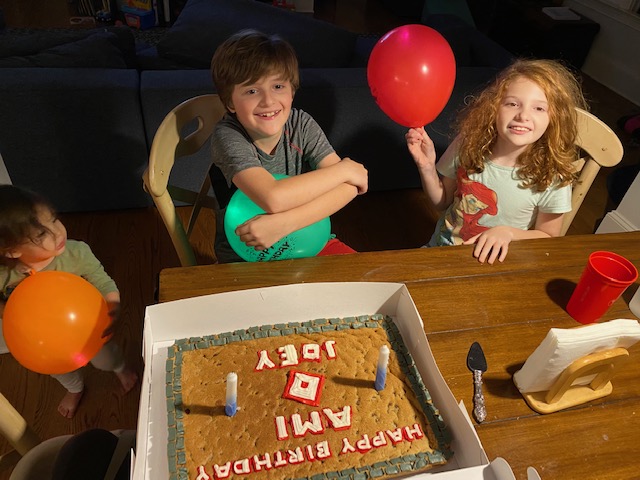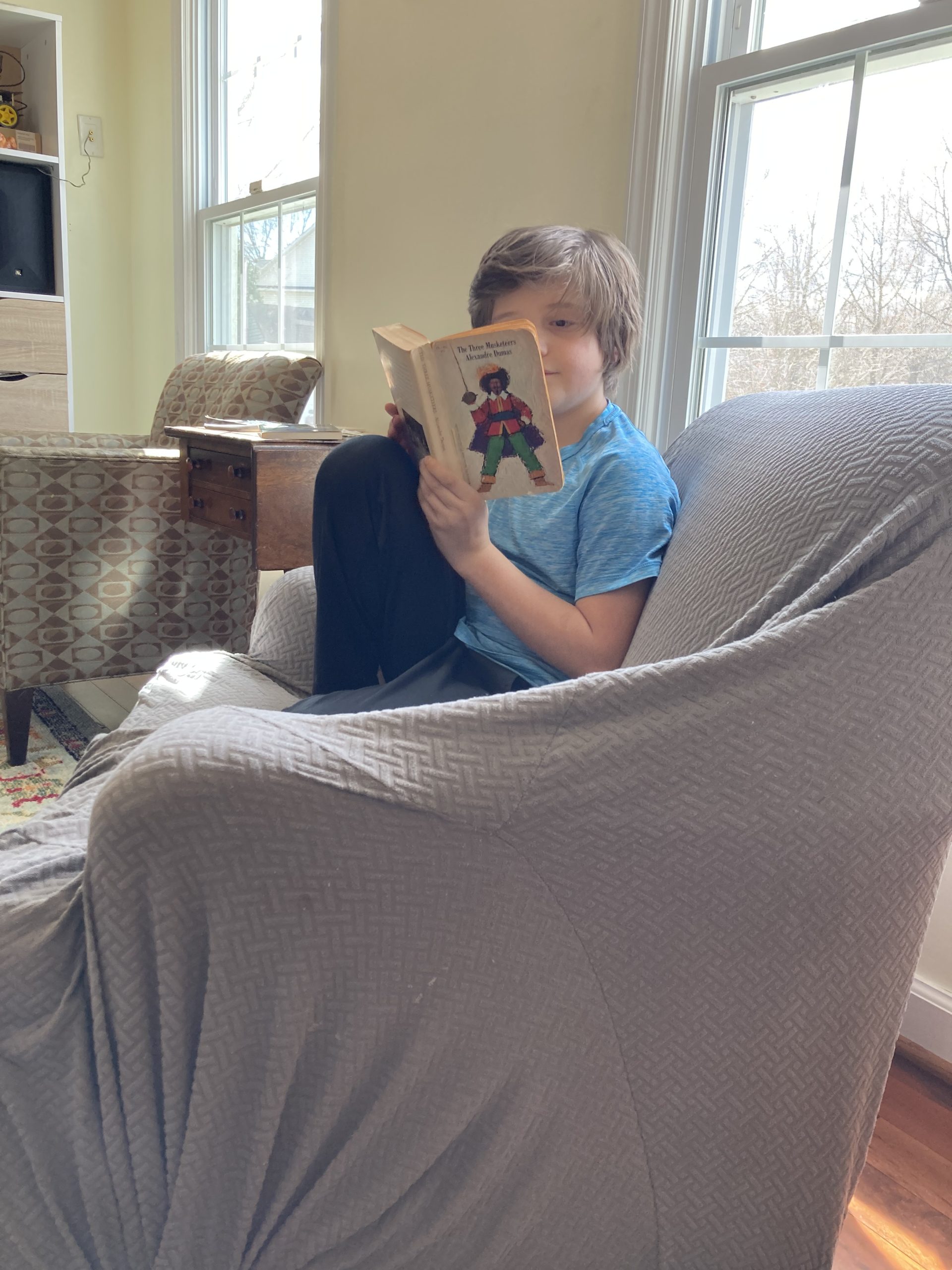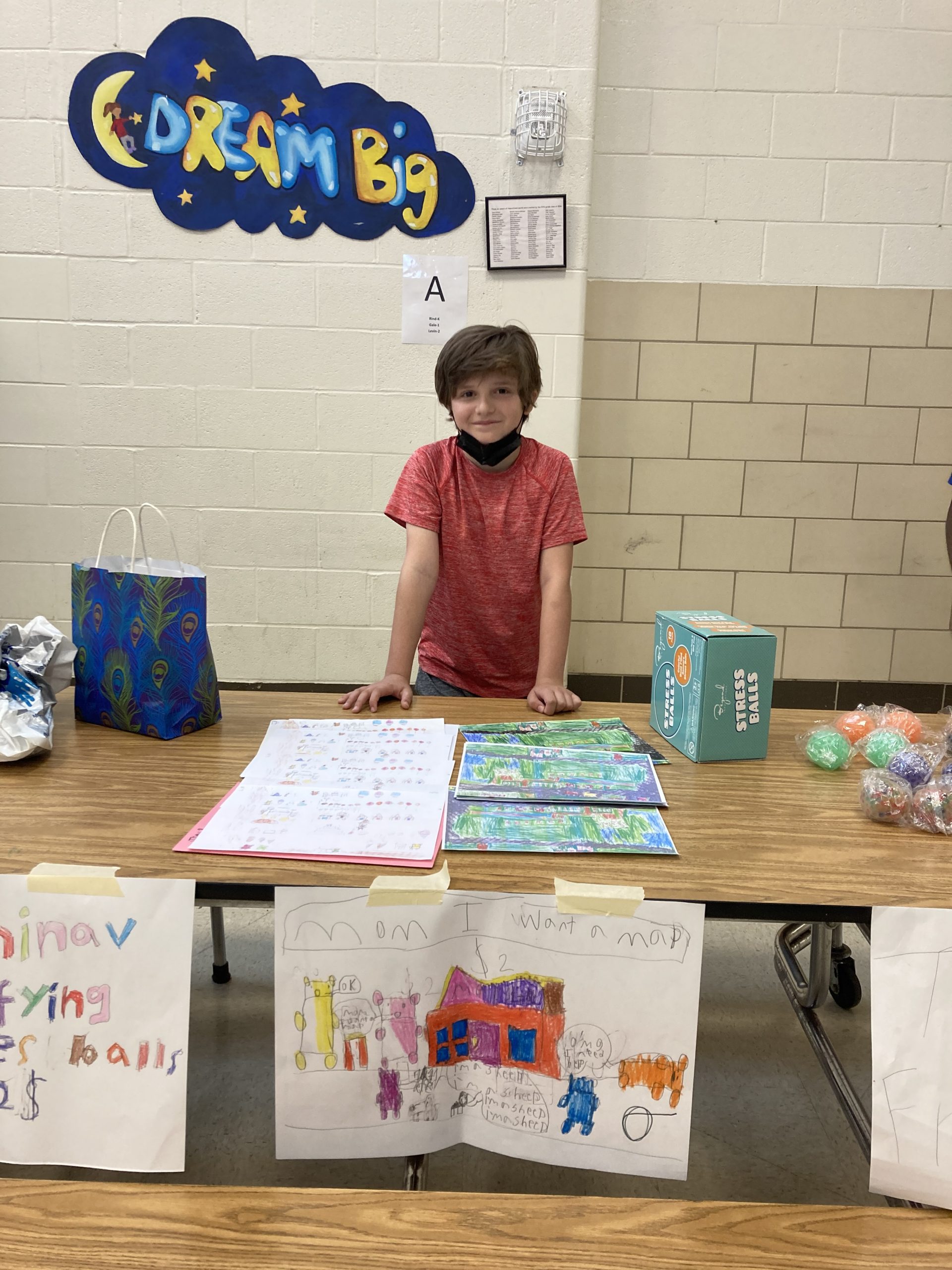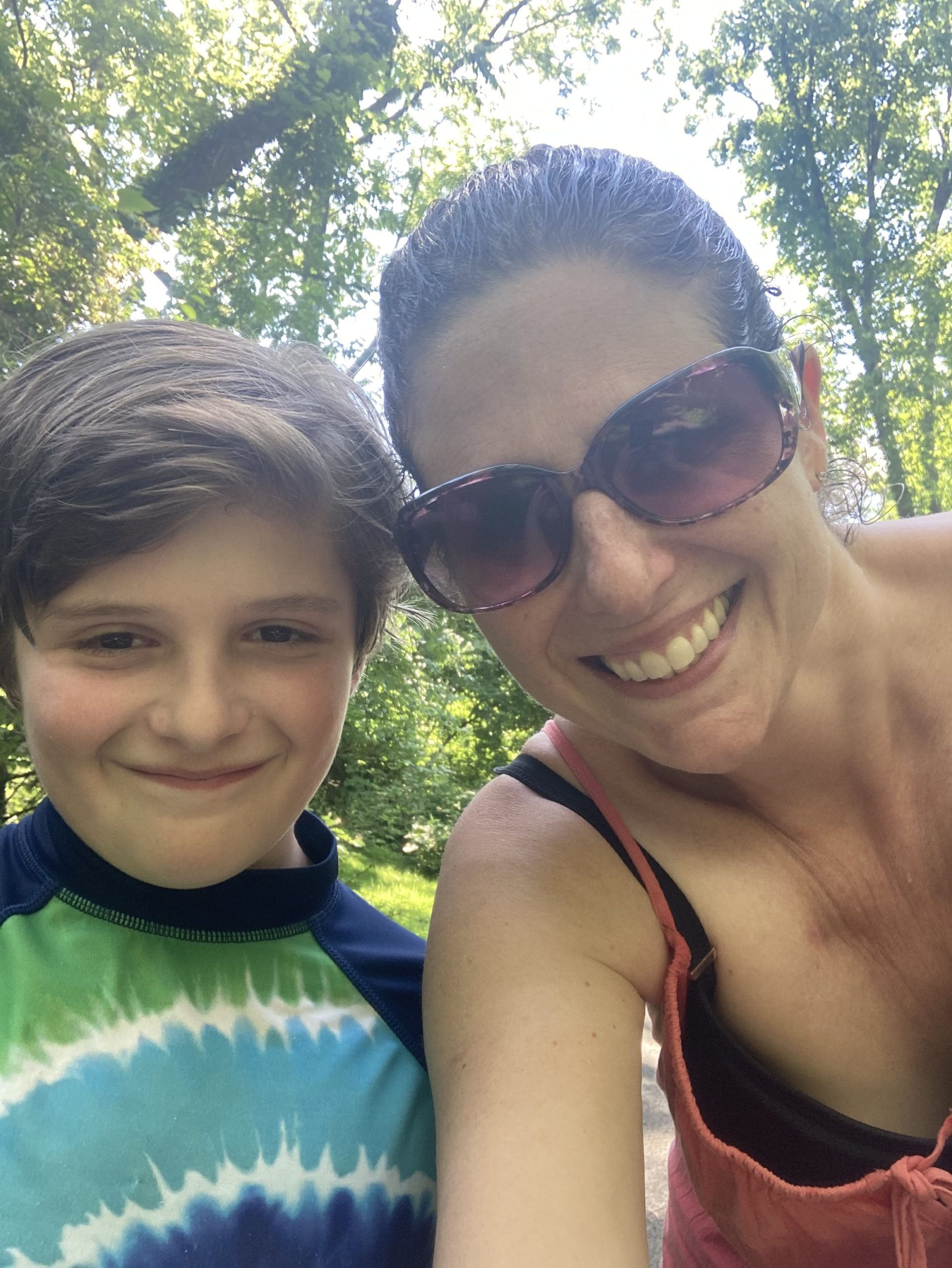This is a guest article from Jacqueline Renfrow.
To the private schools—all of them—that rejected my 9-year-old ASD son.
I assumed I had many years before I’d need to worry about the college application process, as my kids are barely wrapping up elementary school. I was taken aback by my frustration, disappointment, and anger after private school rejections for my son with special needs.
 Joey is on the autism spectrum (ASD) and is considered high functioning. He has no learning disabilities, and the only thing standing in the way of his academic achievement is his emotions. I say that as if the word “emotions” denote something small, when in fact how he feels permeates every action of every day of his life. They affect his ability to learn, socialize, play with his siblings, and process simple directions.
Joey is on the autism spectrum (ASD) and is considered high functioning. He has no learning disabilities, and the only thing standing in the way of his academic achievement is his emotions. I say that as if the word “emotions” denote something small, when in fact how he feels permeates every action of every day of his life. They affect his ability to learn, socialize, play with his siblings, and process simple directions.
After four years of an IEP and a dedicated team of many, Joey has made great strides in the public school setting. But after a brief stint in a private school setting during COVID, I kept thinking “he could be doing better.” Yes, he is learning—although all of the standardized tests repeatedly tell me he is behind. Still, he is compliant and moves through the day, learning in a traditional classroom setting. Yet, he frequently complains about the loud noise and chaos of a large public school class. Not to mention the inability of the system to accommodate learning at his preferred speed. I really wanted to look into placing him in a private school. A school where he could enjoy some peace, ease some of his social anxieties, and perhaps explore project-based learning.
But after a full year of research, paperwork, informational interviews and more paperwork, I realized there was going to be only one answer: not accepted.

“Not a good fit”
I got responses such as “he is not a good fit,” “we already have too many males in that grade,” or “there is just not enough space for us to accept everyone.” Immediately, these made me feel rejected. Then I had to come up with excuses why I no longer wanted Joey to attend that school. I had previously spent several months trying to convince him to even consider attending a different school. Plus, it was no easy task to get him to meet virtually (something he hated) with a random teacher or school administrator. But really what could I say? Just like so many other places in society, a child with ASD was not accepted.
Each rejection made me question myself: why had I spent so much time doing neurological and psychological testing and building an IEP? I felt when I mentioned the IEP or the ASD code to these schools, his file was immediately flagged.
And, yes, I was honest with every administrator from the get-go, and I met with school resource teachers and counselors during the process so we could all be upfront. Of course I don’t want my child to attend a school that could not accommodate his needs. But what I saw on paper about my child was the same as what they saw—the struggles and the moments that made him not unique, but instead just another child on the spectrum.

The application process and questions that arose
The process made me look at how others view him—myself included. How on earth could they know Joey from a paper application or learned in a brief 20-minute phone call with him? Joey’s test scores, lists of medications, behaviors towards unenjoyable tasks—they didn’t tell you anything about who Joey was inside.
Honestly, the process is flawed and perhaps it’s that way for all children applying to a private school. I asked myself these questions:
- From looking at the application, how could anyone know what Joey was capable of?
- How could they know what it was like to have him in their classroom?
- How could they see him rewrite a story three times because he wanted to please the teacher and do it exactly as instructed?
- How could they know his desire to check out library books that he knows his sister would enjoy reading?
- How could they decipher that “below grade level” test results did not matter because he reads “The Three Musketeers” during recess?
- How would they know his in-depth knowledge of geography, World War II, or the U.S. Presidents?
In fact, there was no way any of these schools could know Joey at all.
For now, in this household, all applications are on hold. I only hope that someday these schools will learn to really see the child behind the diagnosis. Until then, Joey will have to continue waiting for his acceptance letter.
 Jacqueline Renfrow is a journalist of more than 20 years. When she’s not busy writing or taking care of her three children, she is pursuing a master’s certificate at Johns Hopkins School of Education to bring awareness in the education system for neurodiverse learners.
Jacqueline Renfrow is a journalist of more than 20 years. When she’s not busy writing or taking care of her three children, she is pursuing a master’s certificate at Johns Hopkins School of Education to bring awareness in the education system for neurodiverse learners.













